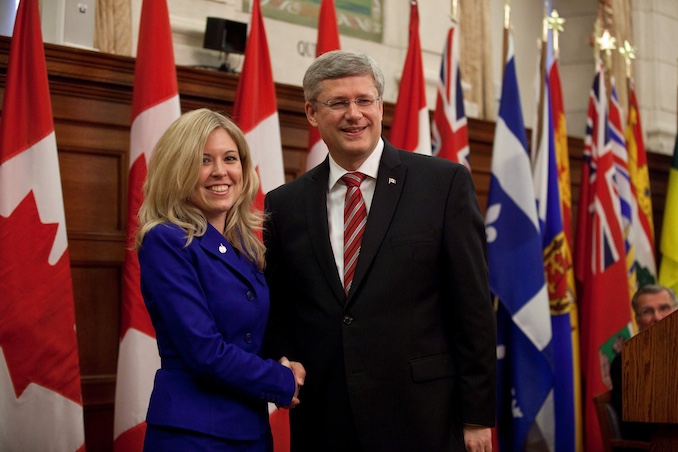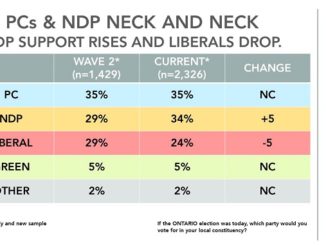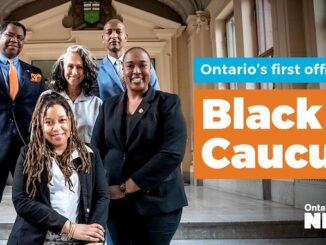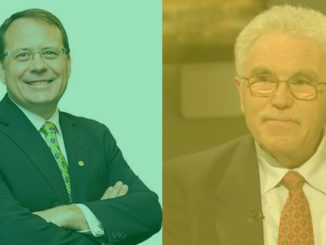When I was relatively new to Twitter there was a urban legend that I heard about on Canadian political Twitter about a politician who would block anyone for any reason. Michelle Rempel, a Calgary MP, and a frequent Conservative talking head on CTV and CBC was gaining quite the reputation for blocking anyone who publicly dissented or questioned her on Twitter.

Sure enough, after a particularity combative interview on CBC News, I decided to challenge Michelle Rempel on Twitter about some of her more questionable assertions. It wasn’t rude, there was no profanity, but sure enough I was blocked. To be honest, it was no real loss. Rempel was representative of the hive attacking philosophy of most CPC parliamentarians on Twitter.
I decided to see if this was an attempt to block out Liberal supporters or a wider phenomenon. What was it that set Michelle Rempel off? So, I started a small and very unscientific Michelle Rempel experiment. Over the next few months I contacted 10 Twitter users who were not very political, or yet blocked by Michelle Rempel. I asked them one simple favour. To ask Michelle Rempel a fair immigration based question in a non-partisan manner, but also to challenge Conservative Party policy. No profanity, but a fair and tough question that all politicians should be able to answer.
An example of the questions asked were, “While I agree that irregular immigration had increased, could we find a solution that didn’t require rhetoric” or variations of it, asked directly to Michelle Rempel via a reply to one of her Tweets. These questions were asked randomly over the past year. 7 of the 10 were blocked on the first question, another user was blocked on a follow up question. Note: the Tweets were sent by non-anonymous accounts, or people with a public profile. Anonymity was promised. This wasn’t scientific or journalistic. This was a curiosity I indulged in.
So what does this tell us? That a Canadian politician who is paid collectively by Canadian taxpayers refuses to answer basic and fair questions posed by Canadians in a non-confrontational manner in a public forum.
Yes, I am aware that many politicians face abuse on Twitter, especially a female politician with a high profile. There are situations that blocking is not only fair, but a necessity. The level of blocking that Michelle Rempel engages in goes far beyond that. Are threats to your safety a good reason to block someone? Of course. Are attacks on your integrity? No. Having your integrity and policies questioned comes with being a politician. A politician being paid by taxpayers, while accessing social media on taxpayer funded equipment while tweeting political statements and news should not be able to block you without cause. That is inexcusable. It is even more inexcusable as a constituent.
Twitter is now an important tool for political communication, and as taxpayers, we have a right to access our elected representatives. When we are blocked by any parliamentarian on social media we lose access to important information such as when public consultations will be held, the roll out for new initiatives, policy announcements, and the ability to engage in a wider public debate.
Recently, three citizens of Ottawa sued Ottawa Mayor Jim Watson for blocking them on Twitter, arguing that by doing so he’s violating their charter rights. By blocking some residents, the lawsuit alleged, the mayor denied them information and the “ability to engage in debate concerning municipal issues using Twitter,” which the applicants argue is now a vital method of communication for public officials. Jim Watson relented and agreed to restore access to those citizens. It is time to test this nationally.
I would love to see a charter challenge lawsuit launched regarding federal politicians, or any elected representatives, blocking Canadian citizens on Twitter, especially without justification. Perhaps it is time for some rules surrounding social media conduct for parliamentarians and other elected officials. The threat of being blocked chills public debate in my opinion, especially when an elected official uses social media exclusively for partisan political purposes like Michelle Rempel does.
The very bedrock of Canadian democracy is representation and participation, and social media is now as important as having a constituency office and even more important than Question Period in the House of Commons. By excluding those with whom they disagree from public participation and access, they are violating the basic democratic rights of Canadians, even if those rights in the context of social media are yet unwritten. I firmly believe that politicians who block without cause on social media are participating in a new form of disenfranchisement.



